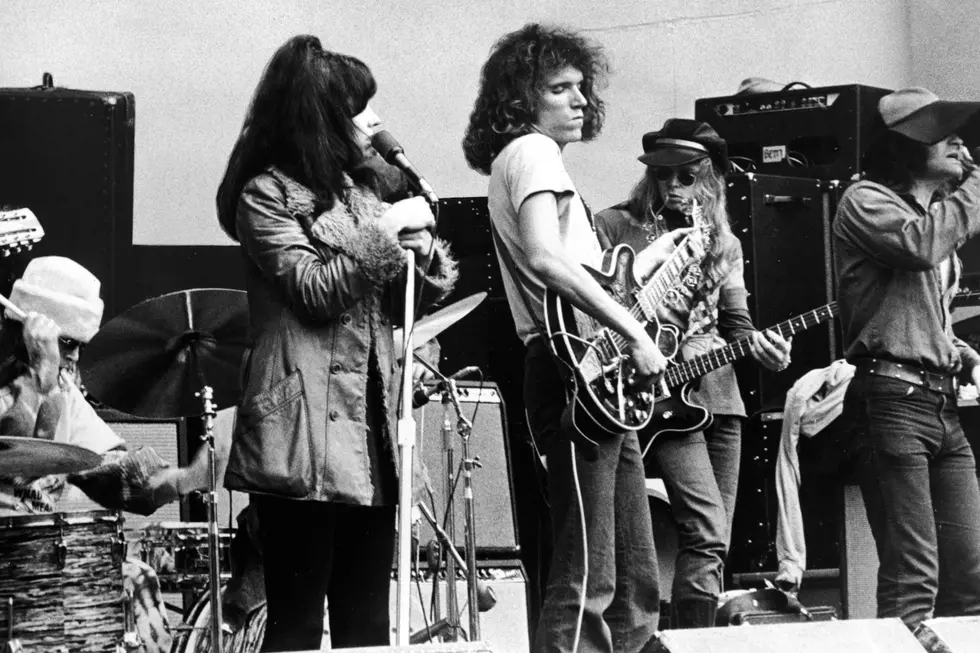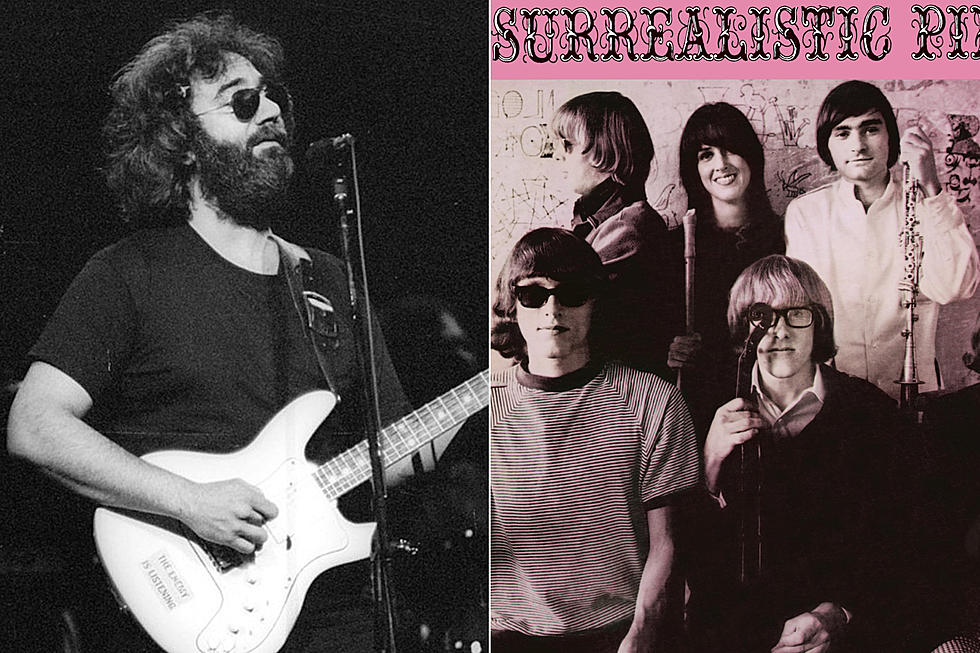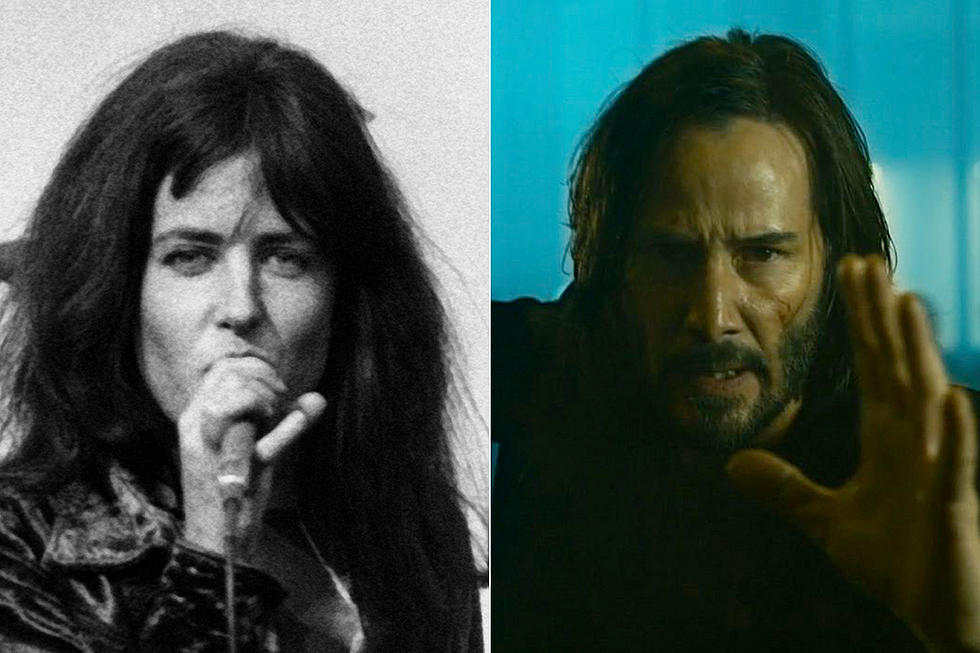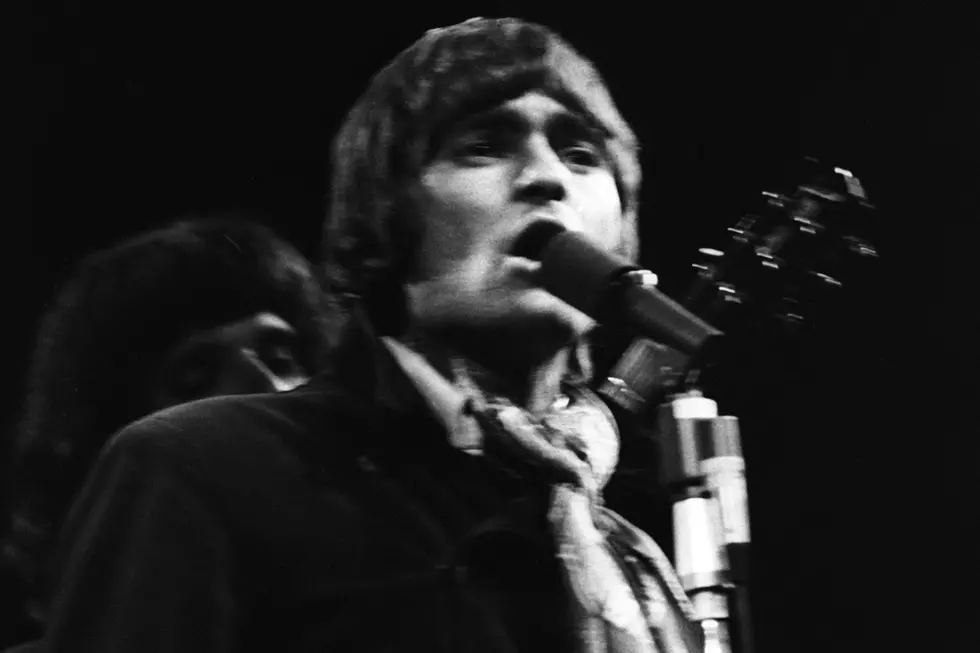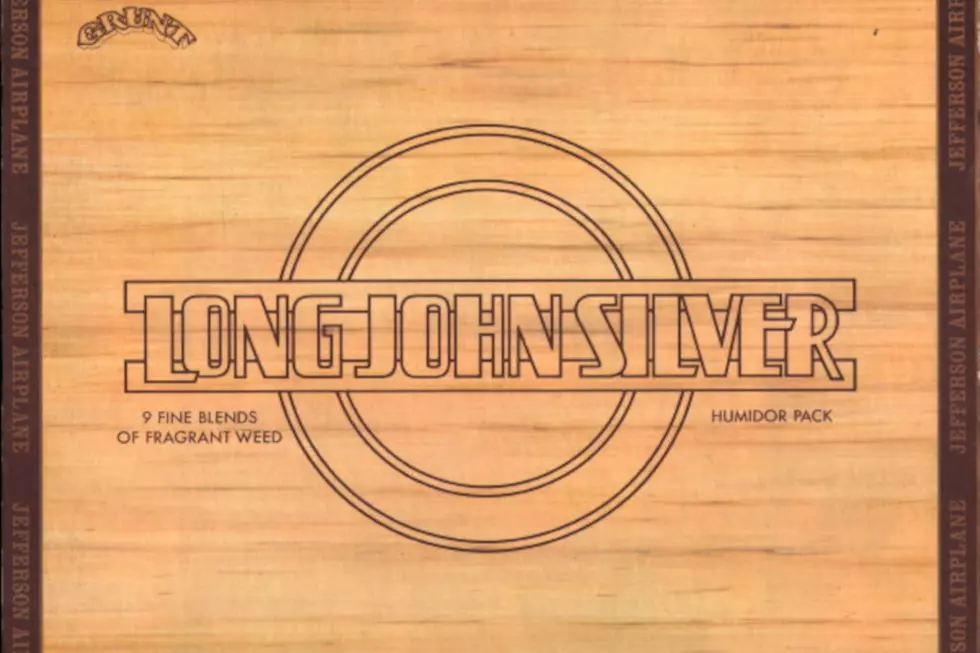
How Jefferson Airplane Fizzled Out With ‘Long John Silver’
By 1972, Jefferson Airplane was a ticking time-bomb. The psych-rock pioneers were struggling for a clear direction, still reeling after the exit of original singer Marty Balin two years earlier. The remaining members had seemingly split into two cooperative but distant factions: singer Grace Slick and guitarist Paul Kantner (then a couple), alongside bassist Jack Casady and guitarist Jorma Kaukonen (who'd co-founded blues-rock act Hot Tuna in 1969).
They'd soldiered on to record 1971's Bark, released amid a flood of various side acts and solo projects. By their seventh LP, Long John Silver, the band's flame was starting to flicker.
"We could have gone on being the premier American rock act for years,” Kantner reflected to Rolling Stone in 1976. “We were all competent enough to play and sing in tune but not live in tune anymore. Without Marty, there was no centrifugal force pulling all the parts together. Without that force it just went … whew."
Jefferson Airplane started recording the album in March at San Francisco's Wally Heider Studios — originally with drummer Joey Covington, who'd replaced golden-era member Spencer Dryden in 1970. But after tracking two songs, the somewhat generic wah-wah blues-rocker "Twilight Double Leader" and sleepy, self-explanatory "The Son of Jesus," he was replaced by former Turtles and Crosby, Stills, Nash & Young member John Barbata. (No one seems to agree on whether Covington quit or was fired.)
The studio atmosphere was less than inspiring: "I’m just drunk as a fart for most of it. I’m not paying attention," Slick recalled in Jeff Tamarkin's 2003 book, Got a Revolution!: The Turbulent Flight of Jefferson Airplane. "Jack and Jorma would much rather be off with Hot Tuna. Paul is having trouble trying to control it. Everybody was so disparate and disassociated, it was kind of pathetic."
Their efforts resulted in a few bright spots: the sizzling slide guitar of the title track, Slick's brooding piano ballad "Aerie (Gang of Eagles)," the heavy violin of recent recruit Papa John Creach. But much of the material is one-dimensional, marred by a flat mix and performances that sound halfhearted.
To make things worse, they even had drama with their RCA Records, whose new president took issue with the controversial lyrics of "Easter?" (previously titled "Pope Paul") and "The Bastard Son of Jesus" (a story about Jesus Christ having a child with Mary Magdalene). The two sides reached a compromise on the latter: The word "bastard" was removed, with the lyric "So you think young Jesus never balled a lady" changed to the confusing "So you think young Jesus never smiled a lady." (The word "smile" was, quite awkwardly, lifted from the song's next line.)
Listen to Jefferson Airplane's 'Long John Silver'
Long John Silver, which peaked at No. 20 on the Billboard 200, is probably best remembered for its amusing fold-out-style packaging, which features instructions for assembling a marijuana stash box. The accidental meaning was rich: Jefferson Airplane was going to make you work for the stoner thrills of old.
The band, rounded out by former Quicksilver Messenger Service member David Friedberg on vocals, carried on for a summer 1972 tour. Then they quietly dissolved, with everyone moving on to their various collaborations and solo work. (Most of the classic-era members did reunite for 1989's Jefferson Airplane, an album even more widely derided than the divisive Long John Silver.)
And the previous Airplane lineup — minus the Hot Tuna guys — reformed in 1974 under the banner of Jefferson Starship, eventually mutating into the pop-leaning Starship.
“That was a sellout band," Slick recalled to Classic Rock in 2017. "The Airplane was a smorgasbord, but the Starship I hated. Our big hit single, 'We Built This City,' was awful. ... I could sing it — and the others — because I can fake enthusiasm. You have to act to get onstage. I felt like I’d throw up on the front row but I smiled and did it anyway. The show must go on."
Top 100 '60s Rock Albums
More From Ultimate Classic Rock
